“There’s a lot to know about how people in Gaza are living, without water or electricity, and Israel authoritarianism. It’s not about religion,” he says.
The young man is called Mo. He is American, a student at a local high school. He is here with two of his brothers, his mother, and a friend. The occasion is a rally and vigil to signify Murray’s solidarity with Palestine.
Ali, Mo’s brother, adds another thought. The more events like this can raise awareness, he believes, the better the chances of acknowledging what the general public doesn’t know about Palestine, past and present.
Macy, a friend of the family, admits she didn’t really know much to begin with, and all four agree that they hope a lot of people will show up for the rally.
“If they don’t show up,” Mo says, “at least it’s a start.”
A sudden breeze ruffles the leaves and a lawnmower drones in the background. He looks up at the darkening sky. “If this was about dogs or cats being killed,” he shrugs, “a lot would show up.”
The threat of rain hastens the proceedings. Christine Lindner, whose academic specialty is Middle Eastern History, talks about her own silence regarding Israel and Palestine. “I didn’t have answers,” she says. “But the call for solidarity made me speak out.”
Her participation was inspired by the recent Human Rights Watch report that accuses Israeli officials of crimes of apartheid and persecution under international law, including systematic discrimination against Palestinians.
“As a white woman I am safe in speaking out,” Dr. Lindner says.
The next speaker, Maysoon Cristaldo Suleiman-Khatib, is the mother of Mo, Omar, and Ali, the three brothers referred to earlier. She knows first-hand about the human rights issues. She was there during the first intifada. She begged her father, a Palestinian, to let her stay. He refused, but she followed events very closely from afar, even as a young teenager.
“I kept scrapbooks,” she remembers. “Now we are on our third intifada, and my kids are feeling the passion I felt.”
What she does not want to see is the fulfillment of a prophecy attributed to Israel’s first prime minister, that states: “The old will die and the young will forget.”
She recounts some of the many ways ignorance about Palestine pervades. When her sons wanted to do a report about Palestine for an assignment on countries of the world, the teacher said Palestine did not exist.
Another experience involved one of her kids. When asked by a peer, “What are you?” he replied, “I’m Palestinian.”
“So you support terrorism,” was the knee-jerk response.

Unable to attend the rally last week, Ferial Ware was willing to share her experiences and insights about her place of birth. She brought her old passport to show me what it said about her nationality.
“Undefined.” She points to the word.
At 19. she came to the U.S. from Gaza to further her education. Opportunities at home were non-existent, and a full scholarship enabled her to attend college in Texas. She did go back to Gaza but then returned to the U.S. She fell in love, married an American, had a child, and then her husband died at 39. Because of events in Israel and Gaza, her family is scattered all over the world.
“When you say you were born in Gaza, it triggers a red light because you’re Palestinian,” she explains.
When she went back home for a visit in 1999, things had changed. Israeli troops patrolled the beaches. Permits were needed to move about. Daily living was a series of struggles, exacerbated further by a wall Israel constructed to contain Gaza and restrict the flow of people and goods.
Ferial shows me a booklet that describes the Gaza she barely remembers from her childhood. It describes the way the main street ends at the sandy white seashore of the Mediterranean coast.
“In the summer,” it says, “the center section of the road is ablaze with the purple and red flowers of the jacaranda and royal poinciana trees…Figs and pomegranates, as well as olives and citrus fruit, grow in the gardens.”
Like Maysoon and her children, along with others who attended last week’s rally and vigil, Ferial wants people to be educated about Gaza and Palestine. “People don’t understand the issues,” she says.
She refers to 1948, when Israel became a nation and Palestinians were routed from their homes. The displacement has continued over the years. “Now they are destroying orchards to build condos,” she reports.
Like anyone with ties to Gaza, news of nightly bombardments is chilling. She is anxious for the safety of those who still live there.
I tell her a little about the history of Land Between the Lakes and refer to the impact on former residents displaced from their communities. Ferial Ware understands. Land between two rivers is a familiar concept to those from the Cradle of Civilization, between the Tigris and the Euphrates Rivers.
“We started there. Arabs and Jews are like family,” she says, adding that both are Semite.
We agree that learning the history is a way to gain some insight into the ancient conflict. Current information about the fragile cease-fire recently implemented between Israel and Hamas also provides essential background information.







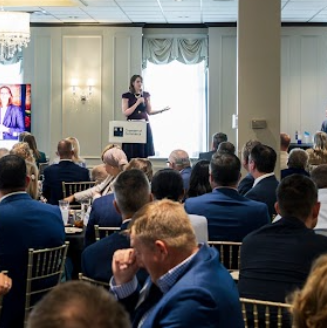
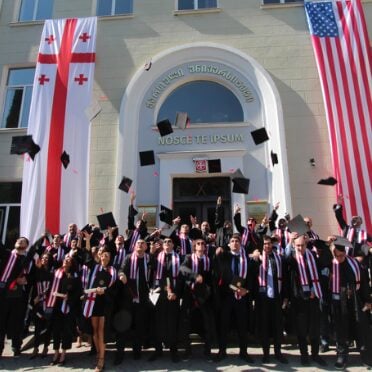
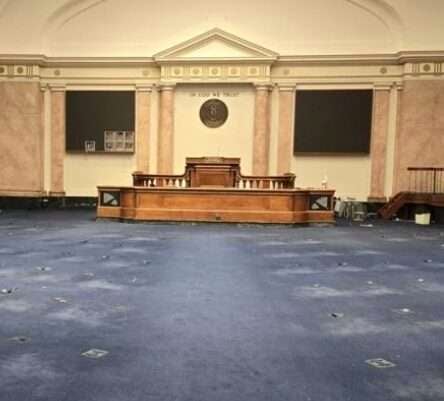


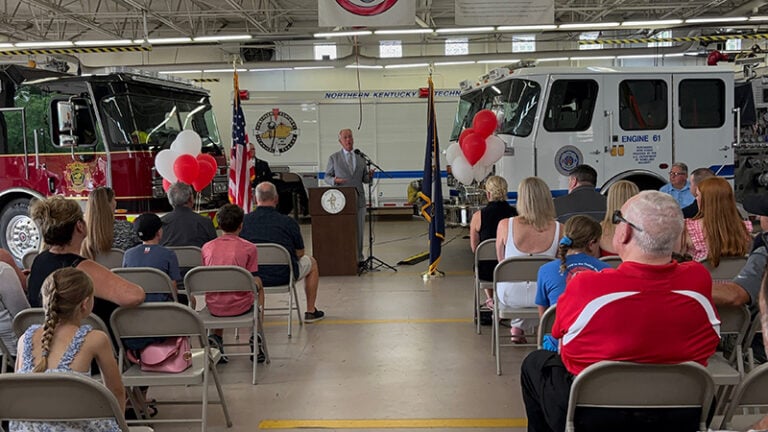
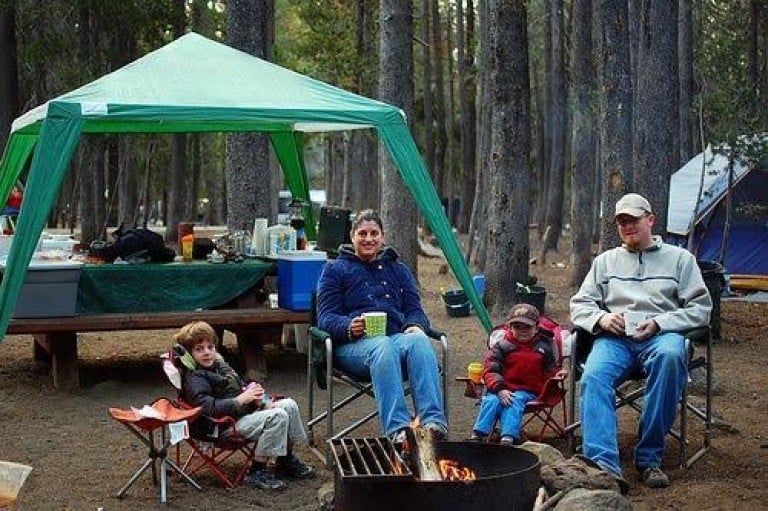


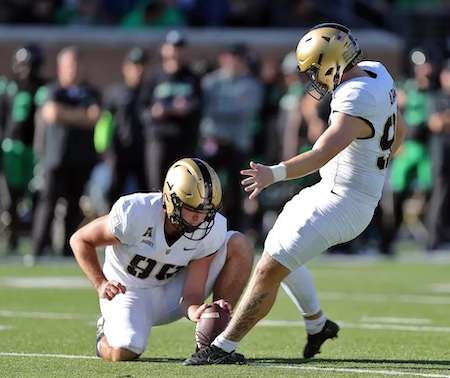
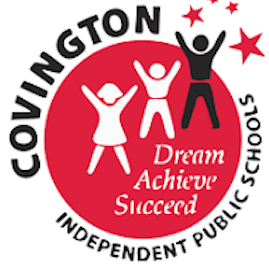
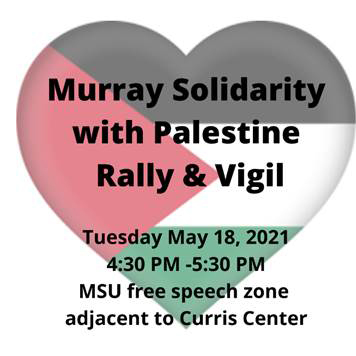
This conflict has been going on for centu. Different tribes. Same land. If Hamas would stop the attacks maybe talks could be profit. But if you teach your kids to hate and kill just like Hitler did then you deserve nothing. Israel was a desert. No oil. Filled with war wary refugees. They built it up to a land fulfilling promises. They tell their Hamas enemy to evacuate because we’re coming. Who else does that? Many many Israelis and Palestinians want to live together in peace. But politics wields a heavy hand and a heavy price. Don’t hold your breath for change